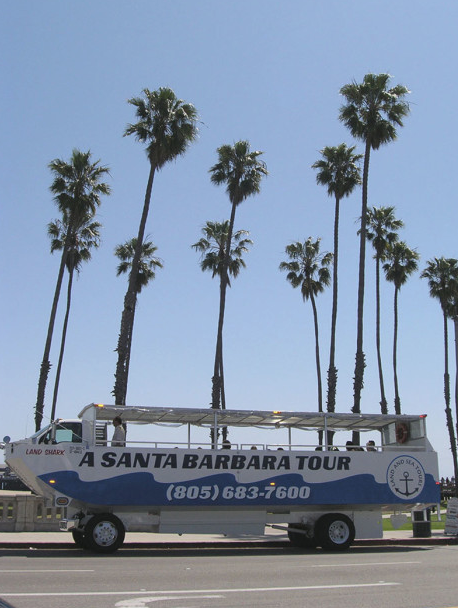The court of public opinion is a tough one in which to play ball. It’s charged with emotion, unpredictable and, ultimately, the victories won are hollow and imprecise. Do the squeakiest wheels actually represent a majority opinion, or merely a loud one?
In the case of the proposed beach basketball courts, we’ll probably never know.
Presented with a disproportionate amount of public criticism, and few supporters willing to get into the game, architect Barry Berkus recently withdrew his support for the project he’d once offered to shepherd.
“There are not a lot of hours in the day,” said Berkus, who devotes 25 percent of his time to philanthropic endeavors. “This has really turned ugly because the aggressive people went after me personally. There are a lot of letters that weren’t published, a lot of people who will not get into a fray. It’s a shame that a few can take away the dream of many … I guess I’m going to learn how to play drums on the beach.”
An active opponent of the project, Mike Larbig, said he got involved initially to try to protect the quality of his local (Shoreline) park. When that site was shot down, the new father of twins said he thought long and hard about whether to continue to fight the project. Ultimately, frustration over the process was what kept him going. Proponents never really demonstrated this big public need or desire for a court, said Larbig.
Indeed the biggest unanswered question in the whole fiasco — other than “What would Pearl Chase think about courts at the beach?” — is whether we have enough basketball courts to fulfill the community’s needs. The available public courts are in ill repair, according to Berkus. Others argue there are plenty of perfectly good courts sitting unused around town. The letters to the editors keep on coming, but the concrete facts are few and far between.
“No, there has never been a needs assessment,” said Billy Goodnick, project coordinator for the Santa Barbara Parks and Recreation Department.
Nor has the Santa Barbara School District done a study of basketball court use, said spokeswoman Barbara Keyani.
At the end of a recent Santa Barbara City Council meeting, Councilman Gregg Hart offered his post-game analysis. Unfortunately, many of the major players in the court of public opinion had already gone back to the office to file their stories.
“I am saddened by the level of discourse in this debate. The vitriolic, mean-spirited attacks on Mr. Berkus … his motives. This is about providing a recreational opportunity for the community,” said Hart.
But sports are about a lot more than recreation. One of the fundamental values they teach is to respect the other team. In tennis, if there’s a question about a line call, you must decide in favor of your opponent. In other words, give them the benefit of the doubt.
Both Berkus’ drive to build the courts, and his opposition’s desire to preserve the beachside integrity should be commended, not criticized. Acting with the best of intentions, at least they had the courage to get in the game.
It’s not for nothing that in basketball — win or lose — you shake hands at the end of the game. It’s one court where actions speak louder than words.

